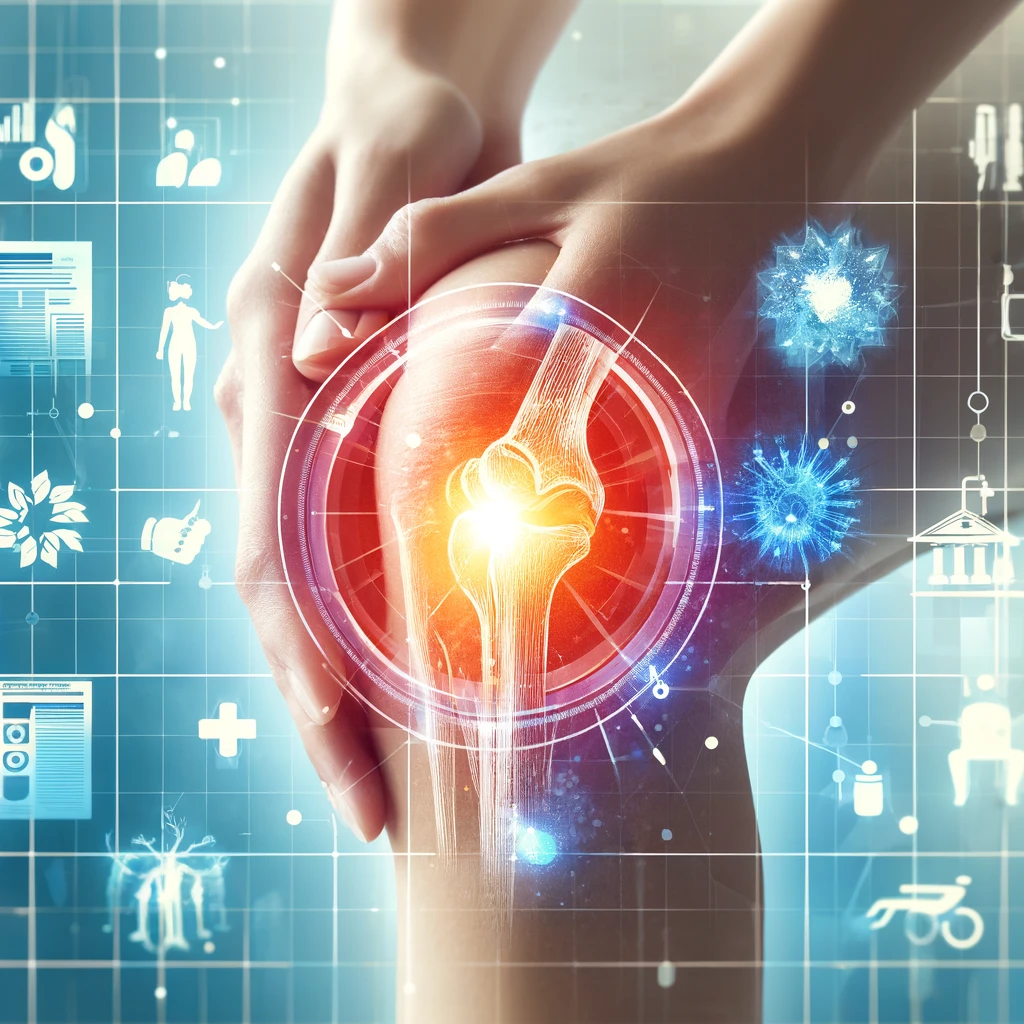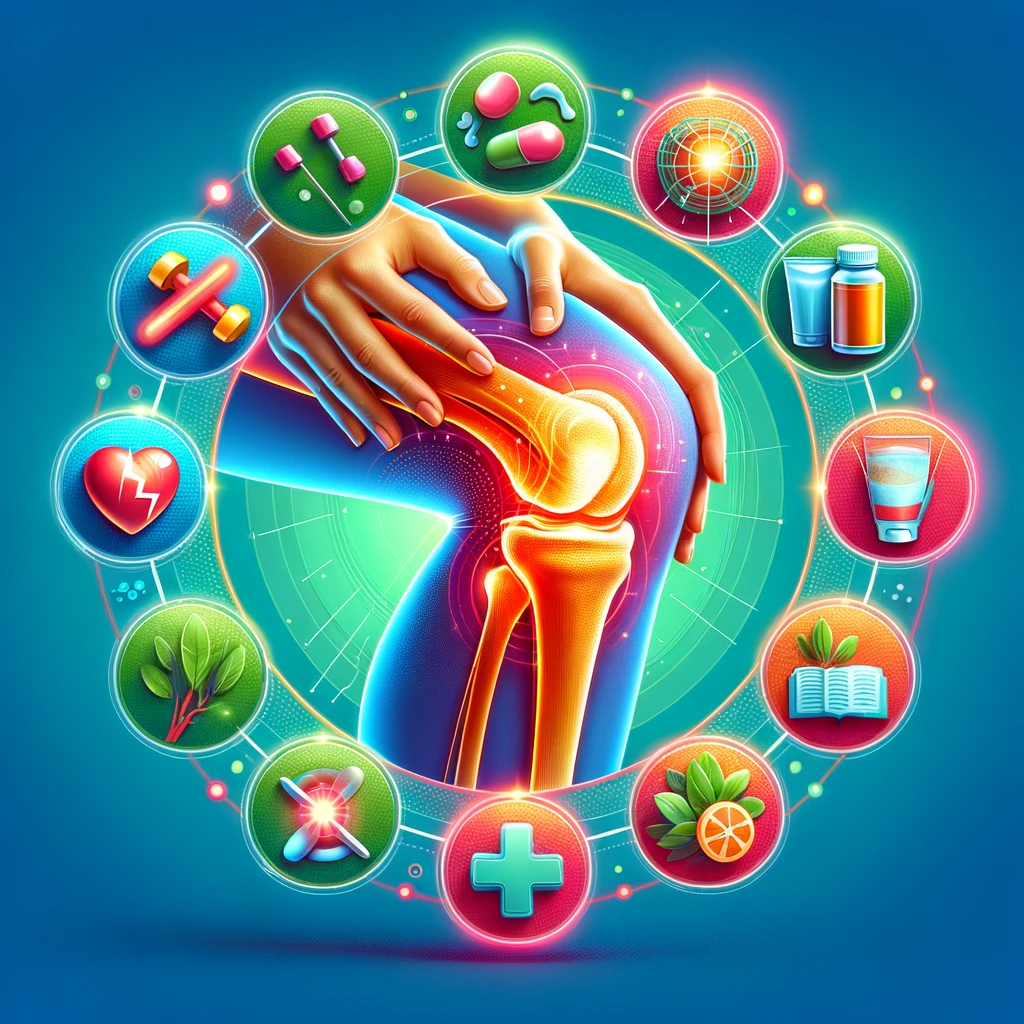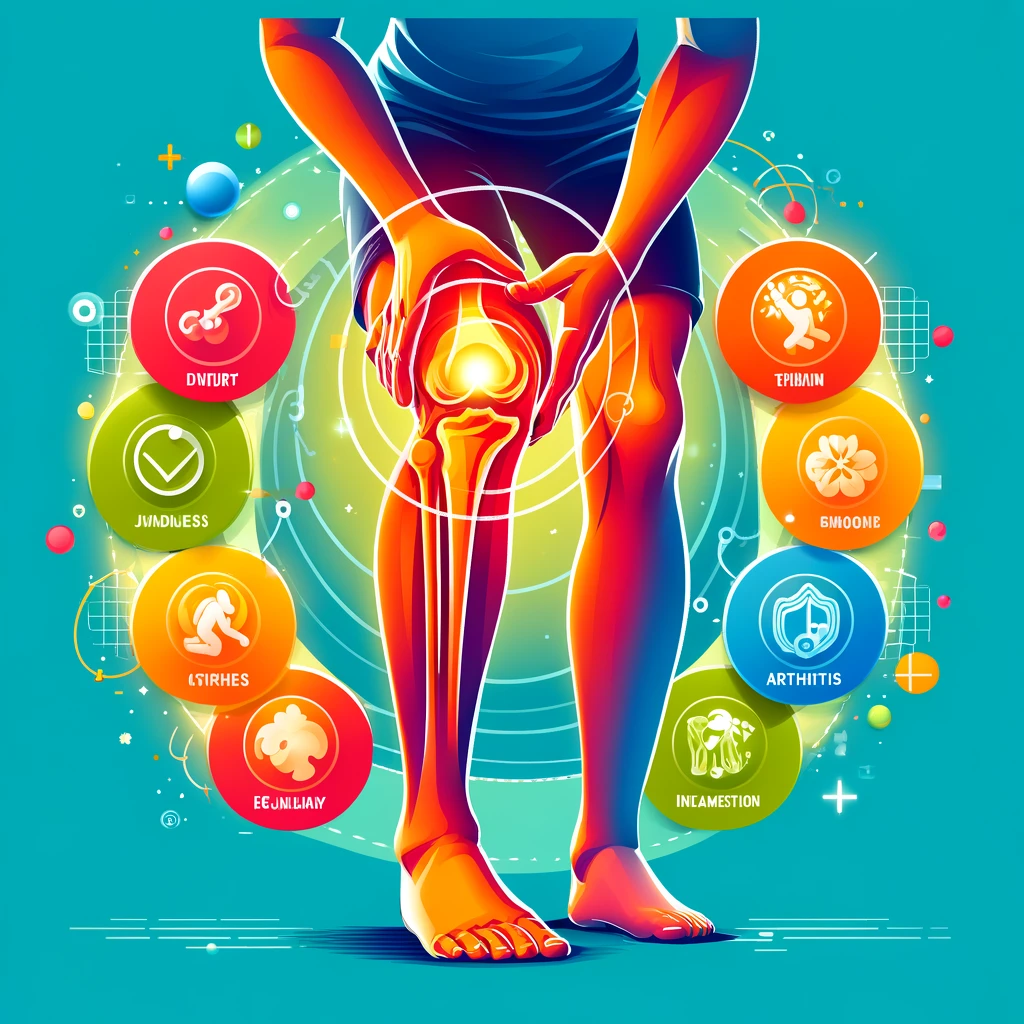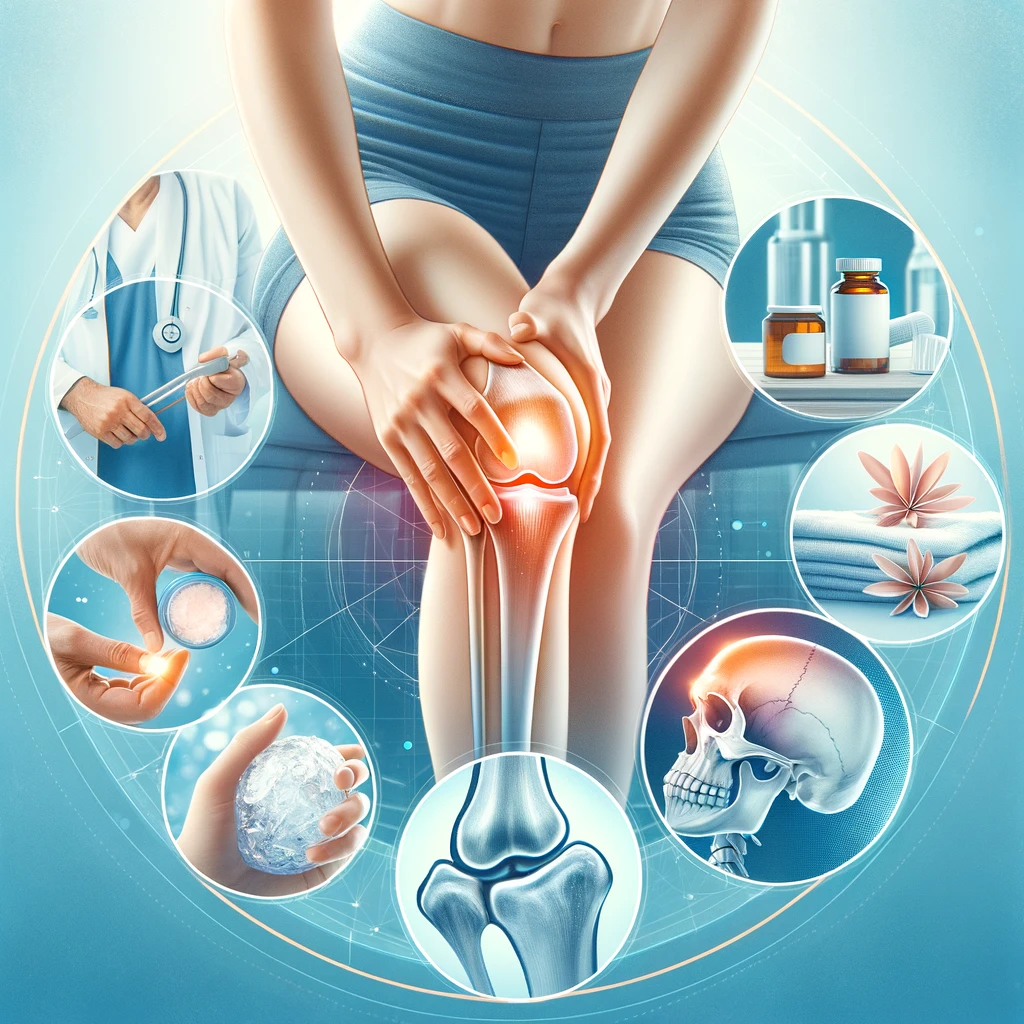
Table of Contents
Knee pain is a widespread issue affecting millions of people globally, from athletes to the elderly. It can result from various causes, such as injuries, overuse, or underlying medical conditions. As the demand for effective knee pain treatments grows, new and innovative solutions have emerged, offering hope and improved quality of life for sufferers. In this article, we’ll explore the latest developments in knee pain treatment.
Understanding Knee Pain
Common Causes of Knee Pain
Knee pain can arise from sprains, strains, arthritis, tendinitis and other conditions. Identifying the root cause is essential for effective treatment.
Types of Knee Pain
Knee pain can be acute, resulting from a sudden injury, or chronic, persisting over a longer period due to ongoing conditions like arthritis or tendinitis.
Traditional Knee Pain Treatments
Rest, Ice, Compression, Elevation (RICE)
RICE is a standard first-line treatment for acute knee injuries, helping to reduce swelling and pain.
Medication
Pain relief medications, including NSAIDs and analgesics, are often used to manage symptoms.
Physical Therapy
Physical therapy focuses on exercises and techniques to strengthen the knee and improve mobility.
Limitations of Traditional Treatments
Effectiveness
While traditional treatments can be helpful, they may not be sufficient for everyone, especially those with chronic conditions.
Side Effects
Medications can have side effects, and not all patients respond well to physical therapy.
Recovery Time
Recovery from traditional treatments, particularly for severe injuries, can be lengthy and challenging.
Emerging Non-Invasive Treatments
Chiropractic Care
Chiropractic care involves manual adjustments to improve joint function and alleviate pain.
Acupuncture
Acupuncture uses fine needles to stimulate specific points on the body, promoting pain relief and healing.
Yoga and Pilates
Both yoga and Pilates can enhance flexibility, strength and balance, reducing knee pain and preventing future injuries.
Innovative Pain Management Techniques
Cognitive-Behavioral Therapy (CBT)
CBT helps patients manage chronic pain by changing negative thought patterns and behaviors.
Mindfulness and Meditation
Mindfulness practices can reduce stress and improve pain management through relaxation techniques.
Advanced Medical Technologies
Shockwave Therapy
Shockwave therapy uses sound waves to promote healing and reduce pain in affected tissues.
Ultrasound Therapy
Ultrasound therapy employs sound waves to stimulate tissue repair and alleviate pain.
Laser Therapy
Laser therapy uses light energy to reduce inflammation and promote healing in the knee.
Regenerative Medicine
Platelet-Rich Plasma (PRP) Therapy
PRP therapy involves injecting concentrated platelets from the patient’s blood into the affected area to accelerate healing.
Stem Cell Therapy
Stem cell therapy uses the patient’s stem cells to regenerate damaged tissues, offering potential long-term relief for chronic knee pain.
Wearable Technology for Pain Relief
Smart Braces and Supports
These devices provide real-time feedback and support to improve posture and alleviate pain.
TENS Units
TENS units send electrical impulses to disrupt pain signals, providing temporary relief.
Knee Pain Tracking Apps
These apps help patients monitor their pain levels and track treatments, providing valuable data for personalized care.
Telehealth for Knee Pain Management
Virtual Physical Therapy Sessions
Telehealth enables patients to receive physical therapy from the comfort of their homes, making treatment more accessible.
Online Pain Management Programs
These programs offer resources and support for managing knee pain through virtual consultations and personalized plans.
Personalized Knee Pain Treatment Plans
Genetic Testing
Genetic testing can offer insights into a patient’s predisposition to certain conditions, allowing for tailored treatment plans.
Customized Exercise Regimens
Personalized exercise programs based on a patient’s specific needs can improve effectiveness and reduce the risk of injury.
Holistic Approaches
Diet and Nutrition
A balanced diet rich in anti-inflammatory foods can help reduce pain and support overall health.
Herbal Supplements
Certain herbs and supplements, such as turmeric and omega-3 fatty acids, have anti-inflammatory properties that can aid in pain relief.
Future Directions in Knee Pain Research
Ongoing Clinical Trials
Researchers are continually exploring new treatments and interventions to improve knee pain management.
Potential Breakthroughs
Emerging technologies and therapies hold promise for more effective and less invasive treatment options in the future.
Conclusion
Knee pain can be a significant hindrance to daily life, but recent advancements in treatment provide new hope. By exploring innovative approaches and integrating personalized care, patients can find effective relief and improve their quality of life.
FAQs
What are the most effective new treatments for knee pain?
Emerging treatments like PRP therapy, stem cell therapy and shockwave therapy have shown promising results for many patients.
How can wearable technology help with knee pain?
Wearable devices such as smart braces and TENS units provide real-time feedback and pain relief, helping manage and reduce knee pain.
Are there any risks associated with regenerative medicine for knee pain?
While regenerative therapies like PRP and stem cell therapy are generally considered safe, they may carry risks such as infection or adverse reactions. It’s essential to consult with a healthcare provider.
How does telehealth improve knee pain management?
Telehealth makes it easier for patients to access care, receive virtual physical therapy, and participate in online pain management programs from the comfort of their homes.
What holistic approaches can complement knee pain treatment?
Diet and nutrition, herbal supplements, mindfulness practices and exercise can all play a role in a comprehensive knee pain treatment plan.



